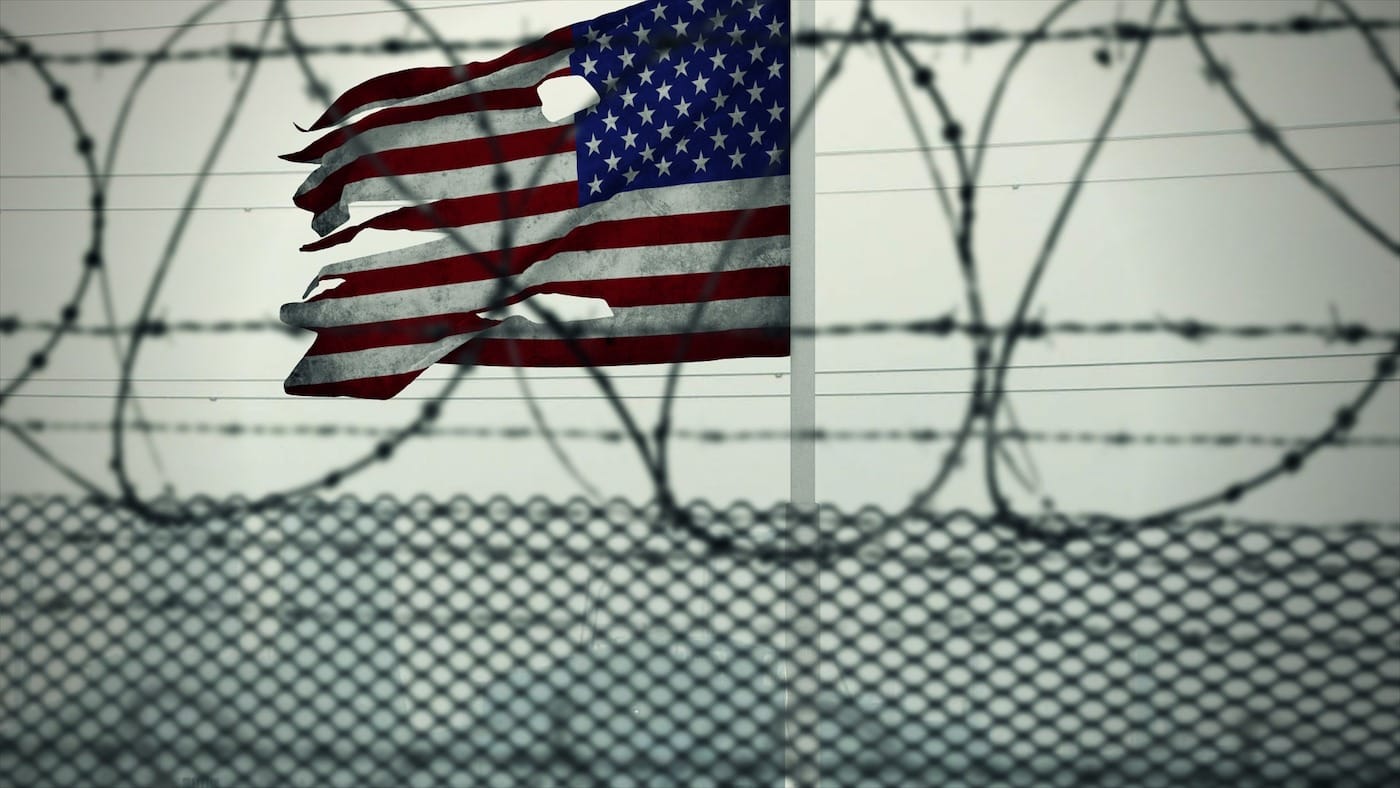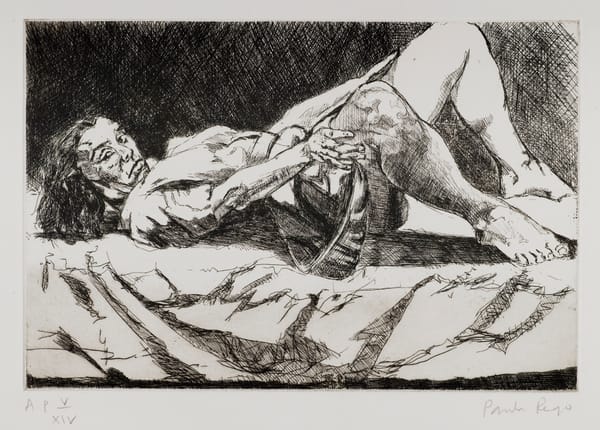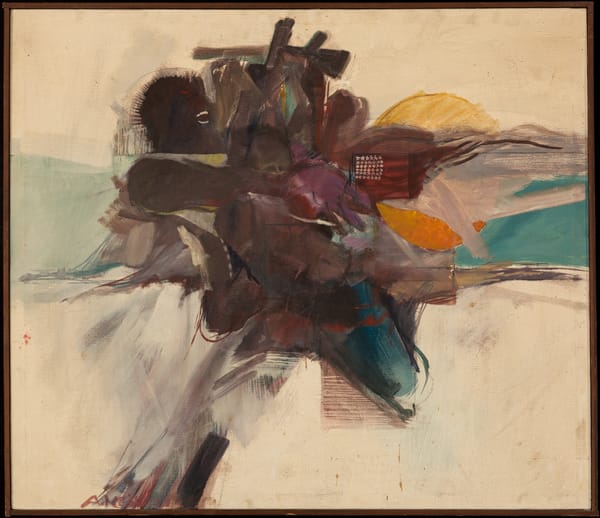Rethinking Crime Photography and the Rights of Nonviolent Offenders
Thanks to the internet's meticulous record-keeping, journalists are rethinking to ethics of publishing the identities of nonviolent criminals.

The internet has become a terrifying encyclopedia of history, one that can capture our lowest moments for time immemorial. We now have the ability to livestream and archive our activities 24/7 for an online audience. Yet, in contrast, do we have the right to be forgotten?
There is a growing movement in newsrooms across America to end the tradition of naming and shaming people for minor crimes. The advent of online news has prompted journalists to consider how such reporting can perpetuate the criminalization of nonviolent offenders far into the future, thanks to the meticulous record-keeping practices of search engines like Google.
How long must someone pay for a mistake? The online publication of mugshots and police blotters takes an outsized toll on minority communities, which are already subjected to disproportionately aggressive police surveillance. According to the NAACP’s statistics, for example, nearly six times more African Americans than Whites are incarcerated for drug-related offenses. In 2014, USA Today found that at least 70 police departments across the country arrested Black people at a rate 10 times higher than anyone else. This type of negative publicity escalates the disenfranchisement of minority populations in America, impugning their opportunities for gainful employment and respect.
“[Before the Internet], these stories would go into microfilm; they were findable but it wasn’t that easy,” Chris Quinn, editor and president of Cleveland.com/Advance Ohio told NiemanLab in an article about the issue. “Now, we’re the biggest platform in the state. If we’ve written about you and someone searches your name, whatever we have pops up first, no matter how old it is.”
Understanding the long-term consequences of an old industry tradition of shaming pushed Quinn to revise his publications’ protocol. Starting in July, he has helped those convicted of minor crimes who have requested his assistance to seal their public records, and he has retroactively taken their names out of published stories. In Connecticut, the New Haven Independent took similar actions after publishing in an articlethe names and faces of 14 women arrested in a prostitution ring that many readers felt dehumanized those potential victims of the sex trade.
Advocates of reducing the amount of crime photography in the news have also argued that such images assume guilt for people who have just been arrested, not adjudicated. (Some newspapers, including the Chicago Tribune, do include a small disclaimer online under their mugshots that states: “Arrest does not imply guilt, and criminal charges are merely accusations. A defendant is presumed innocent unless proven guilty and convicted.”)
Current practices of criminal photography harken back to the Bertillon method of criminal identification. In the 19th century, Alphonse Bertillon pioneered a method to deduce the biometric makeup of a criminal. He used photography as a supposedly objective source of information. Later on, eugenicists and law enforcement agencies adopted the Bertillon method to analyze the faces of criminals and determine what future criminals would look like in order weed them out of the population. The Nazis also used the Bertillon method to profile Jews, homosexuals, and other groups they deemed undesirable for the Aryan race they sought to create. Largely discredited since the fall of the Third Reich, Bertillon’s most enduring and visible legacy is the mugshot.
The perpetuation of criminality is also exacerbated by police departments that publish mugshots and police blotters on social media websites like Facebook and Twitter. Often framed as a public awareness campaign, these posts constitute a draconian shaming practice that borders on defamation. Three years ago, members of the New York Police Department (NYPD) controversially asked locals to submit photos and locations of homeless people across the city via a Flickr account. Such advocacy encourages vigilante policing and discriminates against the city’s poorest populations.
Advocates for a more ethical distribution of mugshots and police reports point to regulations in the European Union that enshrines one’s “right to be forgotten.” The rules allow nearly anyone to ask (and sometimes force) Google to take down search results about themselves. While some fear that such policies create a clash between freedom of speech and privacy, a larger worry is that politicians and wealthy elites can take advantage and scrub the internet of their wrongdoing. (Google received almost 34,000 requests from politicians and government agencies at the beginning of this year.)
The search engine’s transparency report provides more up-to-date details about the process of requesting action. As of this writing, over 2.8 million URLs requested for delisting have been filed with Google, of which only 44 percent were actual removed. On the site, Google also lists its guidelines for registering these requests, which involves questions of public interest, freedom of speech, and journalistic value. And although the amount of requests from politicians and government agencies looks high, 88.6 percent of requests actuallycome from private individuals, which amounts to precisely 325,338 complaints.
Anecdotal examples from the transparency report also provide a window into who’s requesting delistings and why. In Germany, a prominent artist requested the delisting of a 2015 article from a major newspaper because it contained criticism of the painter’s work. Google decided to leave that URL alone. The company did, however, delist websites in cases of personal privacy that existed outside the public interest. In Sweden, for example, Google granted a request to delete four URLs containing the personal address and telephone number of the requester. Another approved request came from someone in the United Kingdom who wanted six URLs deleted that displayed nude images of the person from a prior professional role. Google took action in this case because the requester had had a change in profession, thus the images were deemed irrelevant.
The United States lacks parallel legislation, although California does have an “eraser” law for minors that “seals” a juvenile’s internet records. A bill also floated through the New York State Assembly in early 2017 that would legislate the “right to be forgotten” statewide, but it attracted extreme criticism from free speech advocates who see the potential action as censorship. Such lobbying contradicts recent evidence that 88 percent of Americans support this new civil right crafted for the digital age. And with the National Security Agency’s tripling-down on data collection surveillance, is it any surprise that there’s a growing movement for online privacy?





